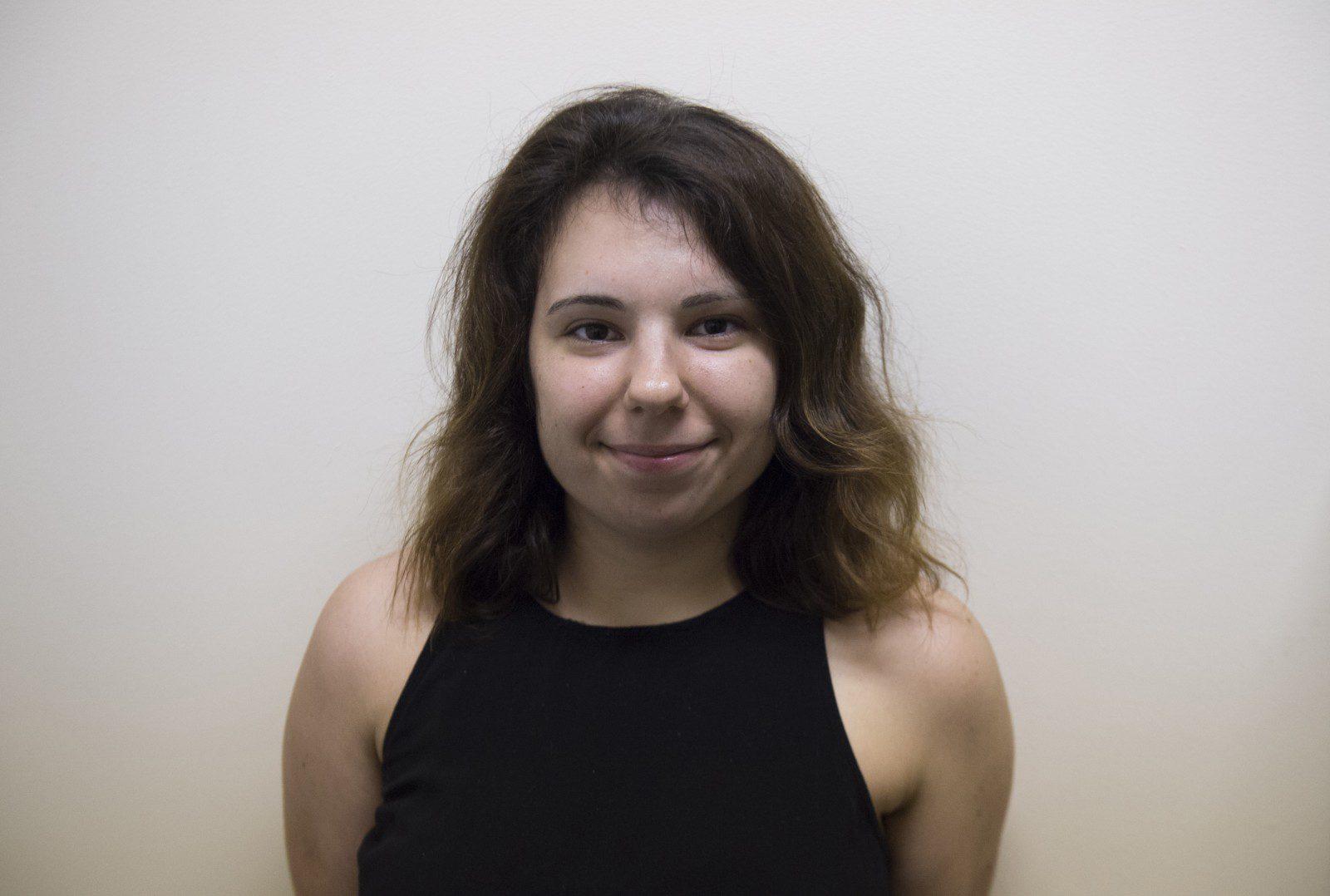On March 28, black students from Marjory Stoneman Douglas High School called a press conference. Compared to the CNN town hall, “March for Our Lives” rally and President Trump’s roundtable, it wasn’t covered all that extensively. Some local media outlets broadcasted the meeting, but the big news organizations — namely, CNN, MSNBC, Fox — covered it in piecemeal, when everything was already said and done.
Despite the thin coverage, though, students stood undaunted, clutching pre-written speeches they most likely spent a week pouring over and editing. On stage unanimously, they declared that black students at their high school, who make up 11 percent of the student body, have not been heard. In fact, on a number of occasions they’ve been misrepresented, misunderstood and slighted in favor of their more famous and white counterparts.
Their specific concern has to do with school safety officers. In the wake of the Parkland shooting, many politicians, gun control activists and parents proposed increasing the number of armed school safety officers in schools. This means there will be more armed police personnel in schools, patrolling the hallways and checking backpacks. In theory, that seems like a good idea. With armed personnel around, students will feel safer. However, in practice it’s extremely problematic. Certainly, some students might feel safe. But others won’t — the majority of them black and brown kids who are policed, often without regard for their safety, civil rights or the facts of the situation.
And they’re right. There are clear disparities in how black children are disciplined versus how white students are disciplined in school, whether our own secretary of education wants to acknowledge that or not. According to the 2017 Brown Center Report on American Education, “suspensions of African-American students occur at rates three to four times higher than the state average for all students.” Furthermore, despite the fact that suspension rates for all groups have dropped exponentially, the disparities haven’t gone away.
The black students in Parkland and their experiences are emblematic of a bigger problem, and it’s one of public perception and opinion. In all respects, the “March for Our Lives” protests were enormous, well-funded, covered extensively and the reaction was overwhelmingly positive. Politicians who air on the side of gun control got involved; people from George Clooney to Miley Cyrus donated; the kids who gave speeches were praised up and down for their bravery. All of that is awesome, and people should support this movement. And there is power in organization, especially big, funded, well-coordinated organization.
On the other hand, though, where was this support when young black people protested in 1969? During the Chicano Movement in East L.A. to “take back the schools” in the late 1960s? When black kids organized in Ferguson? When Erica Garner, only 24 when police murdered her father for selling loose cigarettes, successfully mobilized the New York community to protest police brutality? Easy: it was either a) nonexistent or b) overtly hostile. Often, kids were demonized in the press, chastised by pundits from Bill O’Reilly to Don Lemon. They didn’t enjoy the same privileges some of the more famous Parkland students enjoy right now. That is, not even their age protected them. Most of the time, black and Mexican-American students were baptized into adults and attacked as such.
It’s worth mentioning that the Parkland students are not entirely blameworthy. They make laudable efforts to check themselves, to be inclusionary and intersectional and to speak out about issues even if they don’t affect them directly. That’s really powerful. Sadly, the media and the organizations that are funding the students aren’t so praiseworthy. It’s time to turn the camera onto the black Parkland students and listen — that is, if we’re serious about good, comprehensive gun reform in the wake of the Parkland shooting.
























































































































